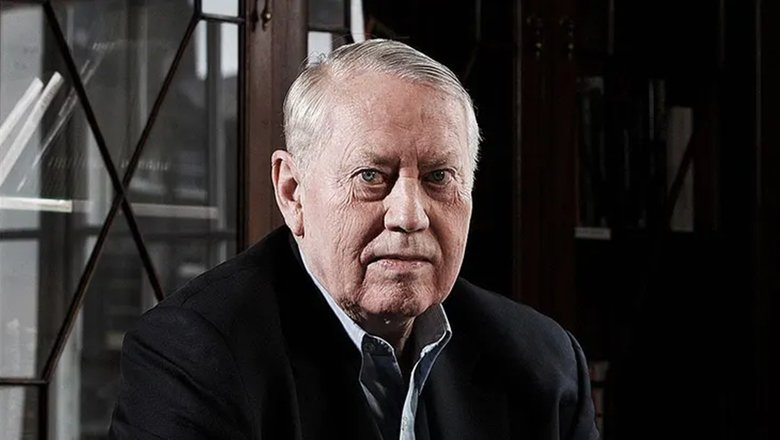
Businessman Charles Feeney (also known as Chuck Feeney) died Monday in San Francisco, the charity he founded said. The businessman was 92 years old.
Feeney became one of the pioneers of duty-free shopping at airports, founding the Duty Free Shoppers chain in 1960. In 1988, he was included for the first time in Forbes’ list of the 400 richest US billionaires. Then the magazine estimated his fortune at $1.3 billion. Subsequently, Forbes wrote that only years later he learned about his mistake – at that time Feeney’s capital was much larger, but the entrepreneur secretly transferred most of it to a charitable foundation.
Feeney only became known as a philanthropist in 1997, after he and his partner sold shares in Duty Free Shoppers to Louis Vuitton Moët Hennessy, Forbes writes.
Having become rich, Feeney “began to question his right to have so much money,” writer Conor O’Clery noted in his 2007 biography The Billionaire Who Wasn’t There. “My wealth has exceeded all expectations. And I came to the conclusion that money, buying boats and everything else does not attract me,” the billionaire told the author.
As a result, Feeney became one of the founders of the Giving While Living movement. His goal was to make donations during his lifetime, rather than after death through charitable foundations. “It’s a lot more fun to give while you’re alive than to give when you’re dead,” emphasized Feeney, whom Forbes called “the James Bond of philanthropy.”
The concept inspired billionaires Bill Gates and Warren Buffett, who launched the Giving Pledge in 2010 to encourage the world’s richest people to give away half of their wealth during their lifetime. “No one else is a better example for us,” Gates noted.
Feeney himself, unlike the philanthropists whose names adorn the facades of buildings and museums, donated money secretly: grants were paid by cashier’s checks, and their recipients were informed that the money came from a “client” who wished to remain anonymous, The New York Times notes. Feeney’s money was spent on bringing peace to Northern Ireland and building a technology campus at Cornell University, modernizing the Vietnamese health care system and fighting for the abolition of the death penalty in the United States.
In total, Feeney earned $7.5 billion from duty-free stores, according to Forbes. By 2022, according to Forbes estimates, his fortune was less than $2 million (he himself told the publication in 2012 that out of all the wealth he acquired, he set aside about $2 million for retirement for himself and his wife). Forbes points out that Warren Buffett, Bill and Melinda Gates, George Soros, Michael Bloomberg and Mackenzie Scott (the ex-wife of Amazon founder Jeff Bezos) have given more to charity than Feeney, but none of them have given almost all of their wealth to it.
In the last decades of his life, Feeney owned neither a home nor a car, wore a $10 wristwatch, rode buses instead of taxis, and flew only economy class (“Flying in the front of the plane won’t get you there any sooner,” he said). He and his second wife lived in a rented three-room apartment in San Francisco.
He gave all seven of his houses to his first wife, with whom he had five daughters, after their divorce in the 1990s.